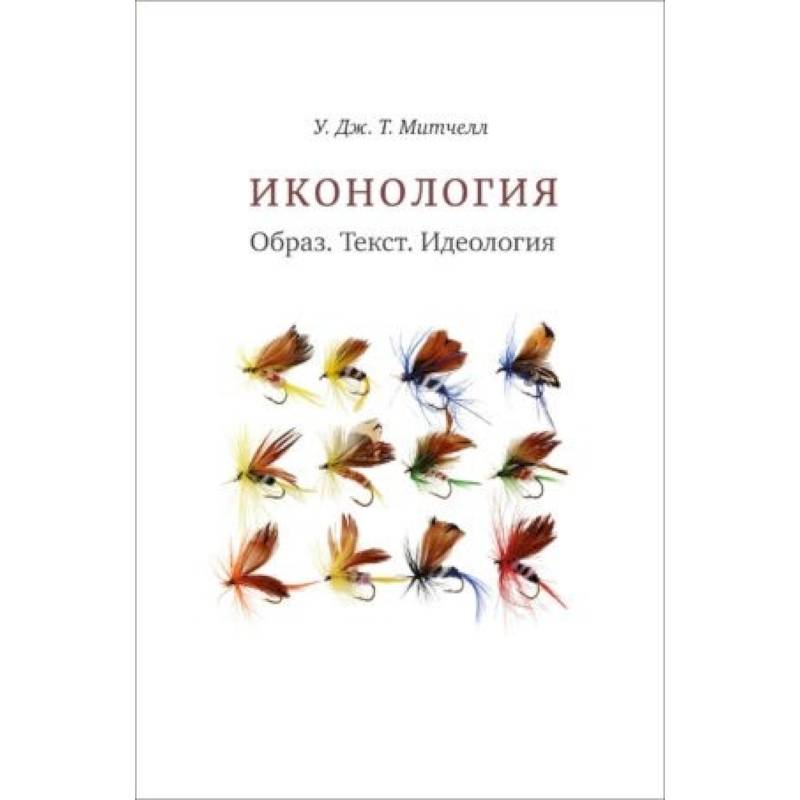Iconology. Image. Text. Ideology
Please sign in so that we can notify you about a reply
"Iconology. Image. Text. Ideology "is the first in the classical series of books about the problems of visuality of the famous American theorist W. J. T. Mitchell. The author’s focus is a rhetoric of imagery as a study of what they say about the images" and "what [themselves] images say". The idea of imagery is considered as the link of the theories of art, language and consciousness with the concepts of social, cultural and political value. The intellectual history of differences between image and word, as well as an analysis of political psychology, at the heart of iconophobia and iconophilia allows Mitchell to conclude that the concept of imagery is the ideological nature of the very concept of imagery. The ideologies of the image are traced with examples of both classical and modern critical texts: Wittgenstein criticism of the “Fine theory "" meanings, criticism of iconicity "Nelson Goodman, the argument of Ernst Gombrich about the" naturalness" of imagination, the principles of separation of poetry and painting G. E. Lessing in the context German cultural independence, the aesthetics of the exalted and beautiful among Edmund Burk in connection with his criticism of the French revolution, metaphors of the camera-sob and fetish as "idols" of capitalism in K. Marx
Author:
Author:Mitchell W. J.
Cover:
Cover:Hard
Category:
- Category:Arts & Photography
- Category:Reference books
- Category:Drawing & Painting
Publication language:
Publication Language:Russian
Paper:
Paper:Offset
Age restrictions:
Age restrictions:16+
ISBN:
ISBN:978-5-7584-0179-8
No reviews found
